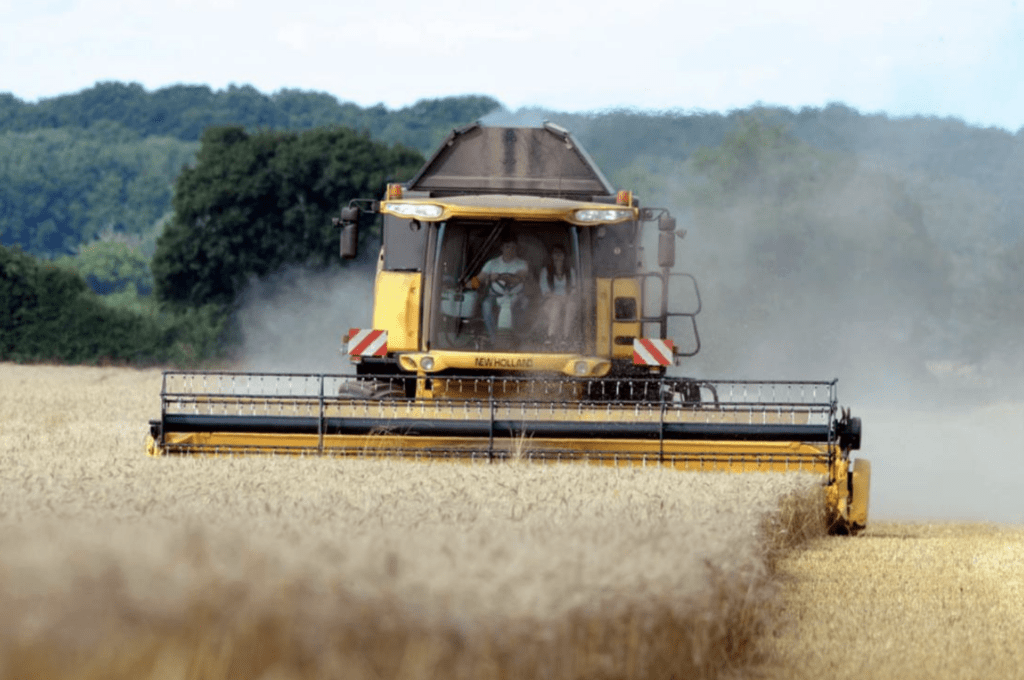The past two years have posed exceptional challenges to all manner of industries, with almost no sector untouched by the strains the pandemic has given rise to and the knock-on effects that have ricocheted through society. All businesses have had to adjust and some have been altered permanently.
But the food industry has, perhaps, been one of the most heavily impacted, having to navigate a number of obstacles both related to the health crisis and issues quite separate. In Europe, Brexit has greatly disrupted supply chains. There have been complications sourcing a workforce for harvests, and some essential elements in the area of food logistics have caused headaches, such as the shortage of ethylene oxide – a gas used to preserve foods.
Yet despite these compounding pressures, the mood was optimistic at the Fevia (Belgium's agroindustry federation) annual convention. "Above all, morale is positive," the federation's president Anthony Botelberge asserted. "We can be proud that our sector has not sunk but has shown resilience in the face of such hardship."
Speaking on the scale of the shortage of workers in the industry, the federation's previous president Jan Vander Stichele stated that the convergence of Brexit and coronavirus exacerbated issues: "All companies are having the same problem – where is the workforce?"
Converging difficulties
In Anthony Botelberge's business – a meal delivery service that distributes ready meals wholesale – 30 of the required 200 workers are missing. Over one in four food businesses have had to slow production because of staff shortages. And the problem is especially acute in areas that require technical expertise.
The costs of a number of materials has increased, most notably gas which skyrocketed by 411% compared to last year. Wood also increased by 133%; container transport by 144%; and aluminium, plastic, and cardboard used in packaging by 46%, 22%, and 17%, respectively. The cost of primary food ingredients went up by one third.
"In mid-2020, production costs exploded on an unforeseen scale," Fevia economic advisor Carole Dembour stated. This had driven profits in the food industry to record lows – just 2.7% today.
Botelberge echoed this concern, adding that "The steep rise in costs is a primary concern for numerous agroindustry businesses, particularly since these are difficult to pass on... this is only possible if the consumer is prepared to pay a fair price at the end of the chain."
Related News
- Global food prices hit 10-year high
- Brexit: British food sales to EU suffered ‘disastrous decline’
- Poor weather conditions take a toll on Belgian food crop production
Indeed, a recent study revealed that in Belgium, the cost of food is the primary determinant for consumers – a buyer attitude that makes it difficult for producers, especially smaller businesses, to get a fair price for their produce.

